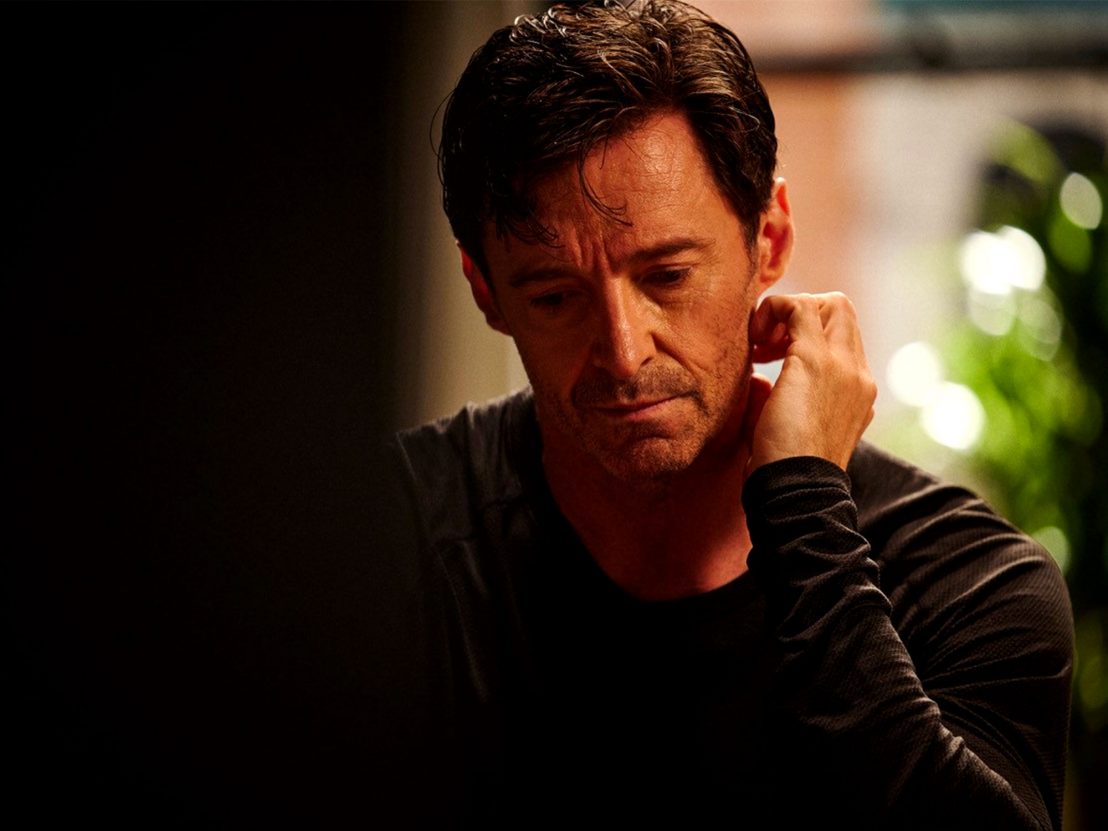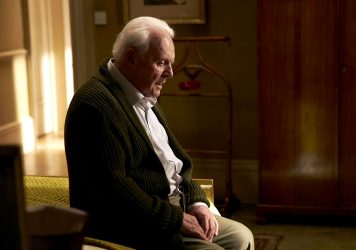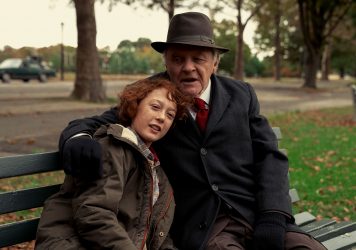
Despite boasting some big names, Florian Zeller's follow-up to The Father is a missed opportunity to tackle the weighty subject of teen depression.
With The Father, Florian Zeller created a claustrophobic, deeply affecting chamber piece on the subject of dementia that earned Anthony Hopkins his second Academy Award. His follow-up feature is an adaptation of another play in his trilogy – The Son – but unfortunately fails to make the same emotional impact as his strong debut, despite a starry cast and worthy subject matter.
Seventeen-year-old Nicholas (Zen McGrath) has been struggling since his parents Kate (Laura Dern) and Peter (Hugh Jackman) divorced. Peter now lives with Beth (Vanessa Kirby), the woman he left his wife for, and they have an infant son together, while Nicholas lives with his mother. After learning that their son has been skipping school for over a month, Kate and Peter confront Nicholas, who admits he is struggling with his mental health and wishes to live with Peter, Beth and baby Theo. Despite Beth’s initial reservations he moves in with them, and things seem to be improving for Nicholas, at least for a little while.
Where The Father deftly navigated the disorientating impact of dementia upon both the person with the condition and those close to them, The Son fails to find quite such sure footing in its depiction of adolescent depression and suicidal ideation, in part because we experience this largely through Peter rather than Nicholas, whose character is so thinly realised it’s an uphill battle for McGrath to give him any sort of dimension. We know he’s depressed, and it’s largely a result of his feelings of rejection following his father leaving his mother, but there’s precious little else to Nicholas – no sense of his interests, personality, or aspirations beyond vague references to him wanting to be a writer. When Peter refers to how clever and sensitive his son is, it’s lazy shorthand for character development that isn’t embedded in the script.
The dialogue itself is stagey and unconvincing, as though little has been done to adapt Zeller’s original play, and while these heightened exchanges worked within the conceptual framing of The Father, here they seem clunky and awkward – this is a more conventional approach to drama, although the play was set entirely in Peter and Beth’s apartment. Perhaps Zeller didn’t want to risk hueing too closely to The Father, but by opting for a more open setting some of the intimacy of The Son is lost.
The subject of depression and suicidal thoughts in teenagers is still surrounded by stigma, and many parents struggle to speak to their children about the topic – in theory, The Son has a rich, worthy subject at its center. But the film feels binary in its thinking, and while we’re told that Peter is doing everything he can to reconnect with his son and help to change his self-destructive thought patterns and behaviours, there’s little evidence to back this up. Even the magnetic likes of Jackman, Dern and Kirby are wasted here, to the extent that by the time The Son reaches its miserable foregone conclusion, it’s a relief to be free of the uninspired direction and paint-by-numbers interrogation of a subject that deserves much more depth.
Published 7 Sep 2022

Anthony Hopkins is at the peak of his acting powers in this moving drama about the banality of ageing.

Lukas Dhont’s second feature focuses on the friendship between two boys, and the tragedy that changes the trajectory of their lives.

A young boy navigates family and friendship during a time of social upheaval in James Gray’s tender semi-autobiographical latest.